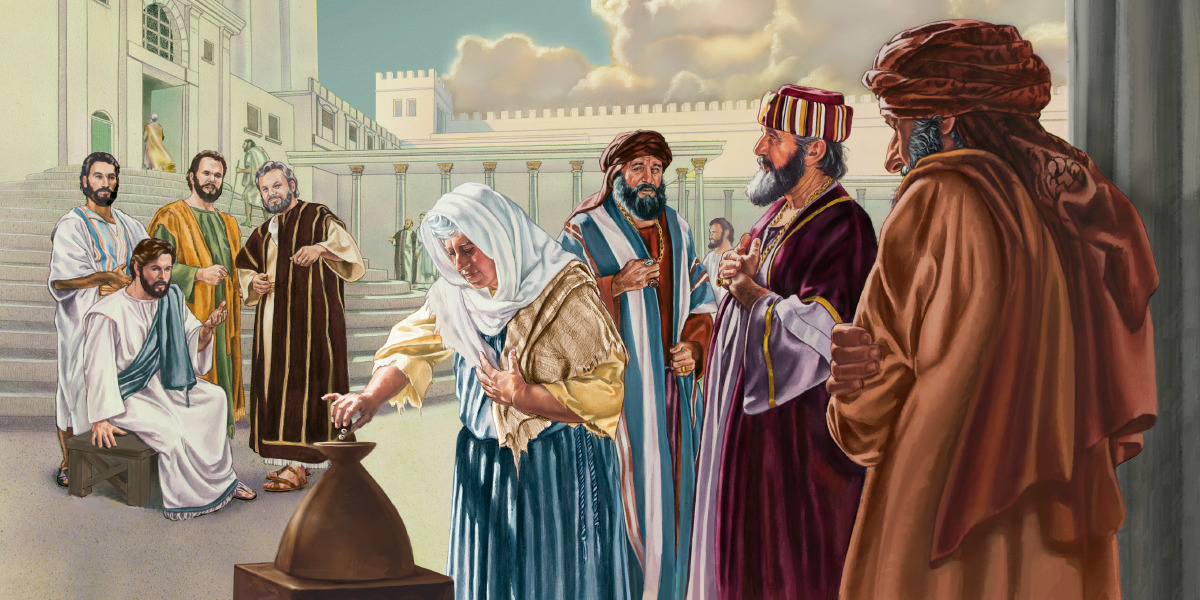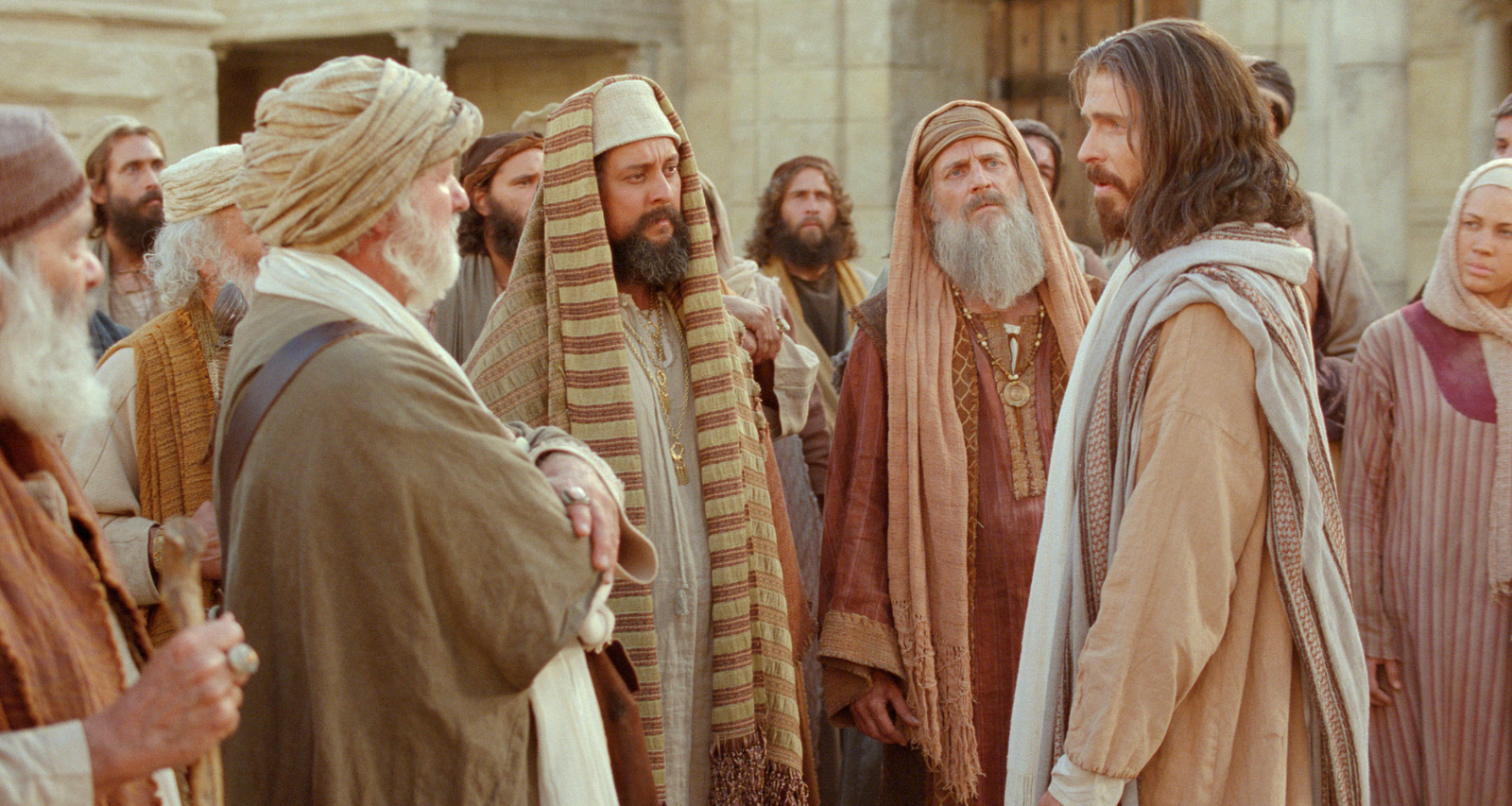In a previous week I suggested that the evangelist invites a comparison between the rich young man and Bartimaeus. Today I think we have another comparison which builds on the attitudes necessary for worthy discipleship. Jesus points out the grandstanding, attention seeking and competition for status among the scribes. The NRSV uses the expression "to be greeted with respect" whereas I prefer the translation from the Jerusalem version which says: "to be greeted obsequiously." Nevertheless, it is clear that the scribes do what they do not for others but for themselves. Even their long prayers are "for the sake of appearance." (Mk 12: 40) This leads on to the rich who place large sums in the treasury from their abundance. This too, by implication of what has preceded it, is for the sake of appearance. The poor widow gives from "out of her poverty" and "all she had to live on." (Mk 12: 44) Disciples are invited, like the rich young man, Bartimaeus and the poor widow, to give up everything for the sake of the Kingdom but it is only the poor who are capable of this generosity. The reward of eternal life is theirs. As our thoughts turn towards the end of the year and the festivities, both civil and religious, that surround Christmas it is worthwhile to reflect on what sacrifices we have made, material or spiritual, for the Gospel in 2018. To what extent are we attached to prosperity and material comforts? To what extent is our religious observance or acts of charity motivated by considerations of reputation or appearances? What addictions and compulsions prevent us from living as disciples dedicated to spreading the Gospel and following Christ on "the Way"?

